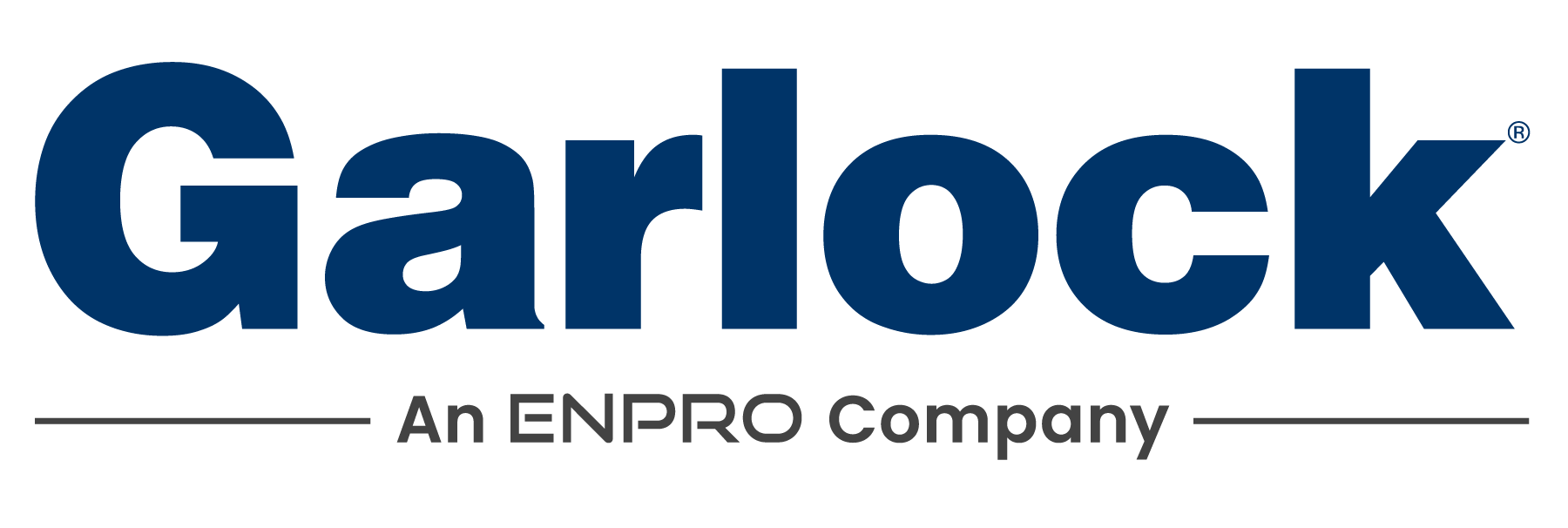How to Choose the Right Pharmaceutical Solutions for Your Business Needs
In today's rapidly evolving healthcare landscape, selecting the right pharmaceutical solutions for your business is more critical than ever. According to a report by Grand View Research, the global pharmaceutical market is expected to reach USD 1.57 trillion by 2023, driven by innovations in drug development and increasing healthcare demands. As businesses navigate this complex environment, the choice of pharmaceutical solutions can significantly influence operational efficiency, regulatory compliance, and ultimately, patient outcomes. With over 70% of health executives indicating that strategic partnerships with pharmaceutical providers are essential for business success, it becomes imperative to evaluate options carefully. This blog will provide a comprehensive checklist to guide you in making informed decisions that align with your specific business needs, ensuring that you capitalize on the opportunities presented by the pharmaceutical industry.

Identifying Your Business Needs: Key Considerations for Pharmaceutical Solutions
When selecting the right pharmaceutical solutions for your business needs, it's crucial to first identify the specific challenges and objectives your organization faces. As the pharmaceutical landscape evolves, considerations like data integrity, regulatory compliance, and the integration of new technologies such as AI have become essential for maintaining resilience and profitability. Companies must assess their operational strategies to align with modern advancements, ensuring that their solutions provide not only immediate benefits but also sustainable long-term growth.

Moreover, embracing digital health tools and improving Good Manufacturing Practices (GMP) are key components in enhancing operational efficiency. With the ongoing evolution of the healthcare ecosystem, stakeholders must recognize the value of deploying innovative solutions that facilitate seamless collaboration among patients, practitioners, and industry players. Effective implementation of a robust strategy should include a thorough examination of these elements, as they play a vital role in shaping the future of pharmaceutical operations and ensuring that businesses can meet the demands of an ever-changing market.
Evaluating Different Types of Pharmaceutical Solutions Available on the Market
When evaluating different types of pharmaceutical solutions available on the market, it's crucial to assess the specific needs of your business. Whether you require bulk manufacturing, clinical trial support, or tailored formulations, understanding your requirements will guide your selection process. Take the time to research and compare various providers, focusing on their expertise, certifications, and customer reviews to ensure they align with your business goals.
Tip: Establish clear criteria for your evaluation process. List essential features such as compliance with regulatory guidelines, technology capabilities, and after-sales support. This structured approach not only simplifies decision-making but also helps you prioritize what is most important for your operations.
Additionally, consider the scalability of the pharmaceutical solutions you are exploring. Your business needs may evolve, so it's beneficial to choose a partner who can accommodate growth and adapt to changing market demands. Explore options that offer flexibility and innovation, allowing you to stay competitive in an ever-evolving landscape.
Tip: Engage with potential suppliers and ask for case studies or references to gauge their adaptability and responsiveness. This insight can provide valuable information on how they’ve handled challenges for other clients, ensuring they can meet your future needs.
How to Choose the Right Pharmaceutical Solutions for Your Business Needs
| Solution Type | Description | Benefits | Considerations |
|---|---|---|---|
| Contract Manufacturing | Outsourcing pharmaceutical production to specialized companies. | Cost-effective, access to expertise, scalability. | Quality control, dependency on third parties. |
| Pharmaceutical Software Solutions | Software for managing drug development processes, compliance, and inventory. | Improved efficiency, better compliance, real-time data access. | Integration with existing systems, user training required. |
| Research and Development Services | Services focusing on drug discovery and development. | Access to specialized knowledge, reduced time to market. | High costs, potential for misalignment with goals. |
| Regulatory Affairs Consulting | Guidance on regulatory compliance and submissions. | Expertise in navigating complex regulations, improved submission success. | Potentially high fees, reliance on consultants. |
| Supply Chain Management Solutions | Tools and services to optimize the pharmaceutical supply chain. | Increased efficiency, reduced costs, improved inventory control. | Implementation challenges, requires ongoing analysis. |
Understanding Regulatory Compliance and Quality Standards in Pharma Products
When selecting pharmaceutical solutions for your business, understanding regulatory compliance and quality standards is paramount. Regulatory bodies, such as the FDA in the United States and the EMA in Europe, establish rigorous guidelines to ensure the safety, efficacy, and quality of pharmaceutical products. Familiarizing yourself with these regulations is essential, as non-compliance can result in severe penalties, including product recalls and legal action. As a business, you must ensure that your chosen solutions meet these standards to protect your brand and consumers.
Quality standards are equally crucial in the pharmaceutical industry. Good Manufacturing Practices (GMP) dictate that companies maintain consistent quality through proper manufacturing processes. Assessing potential suppliers against known quality standards ensures that their products are not only compliant but also reliable. Look for certifications such as ISO or those specific to pharmaceutical manufacturing to gauge their commitment to quality. By prioritizing regulatory compliance and quality, you can choose pharmaceutical solutions that not only meet your immediate business needs but also support long-term success in a highly regulated industry.
Analyzing Cost-Effectiveness and Return on Investment for Pharmaceutical Solutions
When selecting pharmaceutical solutions for your business, analyzing cost-effectiveness and return on investment (ROI) should be at the forefront of your decision-making process. Understanding the cost implications of these solutions is crucial. This involves evaluating not only the initial purchase price but also ongoing operational costs, including support, training, and maintenance. By conducting a thorough cost analysis, businesses can identify solutions that align with their budget while ensuring they do not compromise on quality or performance.

Moreover, assessing the ROI of pharmaceutical solutions helps businesses gauge the long-term benefits relative to their investment. This includes examining how these solutions improve operational efficiency, enhance productivity, and potentially increase revenue streams. Tools like cost-benefit analysis can aid in quantifying the expected returns and offer insights into whether the investment will yield sufficient benefits over time. By focusing on both cost-effectiveness and ROI, organizations can make informed decisions that support sustainable growth and robust performance within the competitive pharmaceutical landscape.
Building Strategic Partnerships: Selecting the Right Vendors and Suppliers in Pharma
Selecting the right vendors and suppliers is a critical component of building a successful pharmaceutical business. As the industry evolves, staying competitive requires more than just a solid product line; it demands strategic partnerships that can enhance operational efficiency, improve product quality, and foster innovation. When evaluating potential partners, it's essential to assess their capabilities, experience, and track record. Look for suppliers who not only meet regulatory standards but also demonstrate a commitment to quality and sustainability in their processes.
Moreover, establishing open lines of communication with suppliers can significantly impact the effectiveness of your collaborations. Understanding their strengths and weaknesses allows for tailored approaches that benefit both parties. Additionally, consider vendors who share your vision for growth and are willing to adapt to changing market demands. A proactive partnership can lead to shared advancements in technology and methodologies, ultimately resulting in better products and services for your customers. Opting for the right partners will set a solid foundation for your business’s future in the pharmaceutical landscape.
Related Posts
-

Unlocking the Secrets of Best Pharmaceutical Manufacturing Technical Specifications and Key Sourcing Strategies
-

10 Essential Insights for Pharmaceutical Manufacturing Success
-

Ultimate Guide to Selecting the Best Pharmaceutical Processing Equipment for Your Needs
-

The Ultimate Guide to API Manufacturing: Unlocking Efficiency in Pharmaceutical Production
-

Unlocking the Advantages of API Manufacturing for Enhanced Product Quality
-

Unlocking Global Markets: Top 7 Certifications for Best Pharmaceutical Equipment Exports
